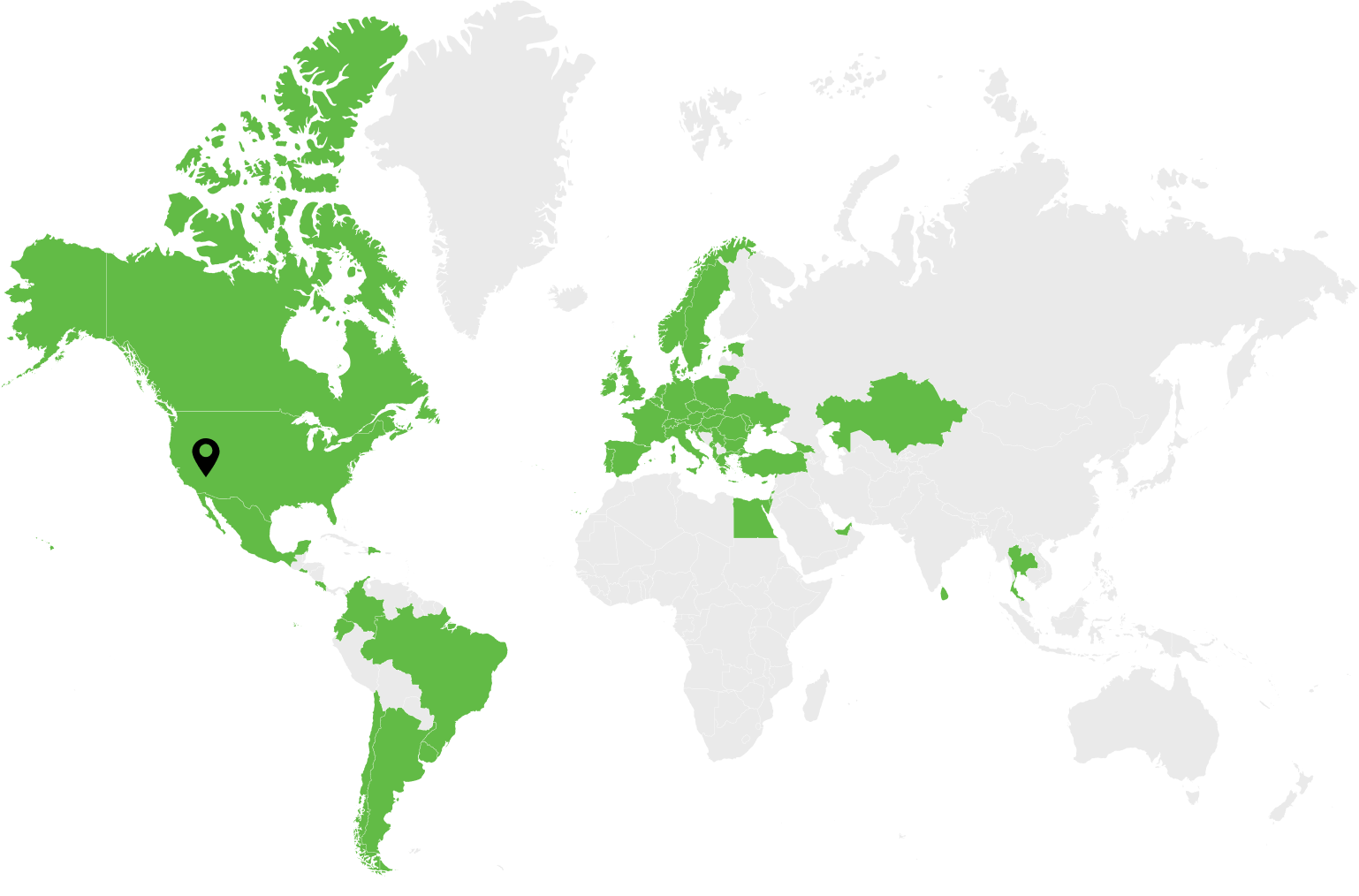While agriculture is one of the world’s oldest professions, crop producers must continuously pivot to meet ever-changing demands. As we enter the twenty-first century, agricultural technology (AgriTech) is helping reinvent this foundational practice.
Some of the most important advancements in AgriTech are the Internet of Things (IoT) and cloud computing. For its part, IoT devices remotely collect and share data from farms, which is then managed and analyzed on cloud platforms to reveal actionable insights. The capabilities are reshaping how modern farms operate.
Key Profitability Barriers in Modern Farming
Despite being essential to the global food supply, farming remains one of the most challenging industries for generating consistent revenue. Here are some key challenges:
- Rising input costs: According to the National Agricultural Statistics Service, machinery costs have increased by 38%, fertilizers by 38%, chemicals by 22%, and supply and repair costs have increased by 27%.
- Labor shortages: The American Farm Bureau Federation reports that 2.4 million agriculture jobs were vacant in 2024, while 56% of farmers reported labor shortages that year.
- Climate change: Unpredictable weather from global warming poses serious financial risks with damaged or delayed crop yields.
Luckily, new technological advancements like IoT and cloud computing are helping farmers get ahead of these challenges.
The Role of IoT in Smart Farming
IoT devices collect real-time data from essential sources that help farmers make informed decisions where they once had to rely on guesswork.
IoT-enabled weather stations gather temperature, humidity, wind, and rainfall data that guide future planting and harvesting decisions. Similarly, IoT sensors carefully monitor pigs, chickens, cows, and sheep, so farmers know their location and are able to detect health issues early on. Inside barns, sensors track sunlight, humidity, and temperature so automated adjustments can be made to ventilation, temperature, and lighting.
IoT plays a key role in monitoring farm equipment as well. Attached to tractors and harvesters, sensors track fuel usage, operating patterns, and component wear to support preventive maintenance and reduce costly downtime.
Benefits of IoT in Agriculture
Since it has such wide-reaching applications, many consider IoT to be the bedrock of precision farming. Key benefits of IoT include:
- Water usage: IoT sensing can optimize water usage across vast fields to deliver moisture exactly where and when it’s needed.
- Smart farming: By collecting data on environmental and crop conditions, IoT enables AI and machine learning models to optimize yields while lowering operational costs.
- Crop health: Since IoT detects issues early, it helps prevent the 40% crop loss and $300 billion in annual damage caused by pests and disease.
Cloud Computing: The Backbone of AgriTech
Cloud computing brings together data from IoT devices, weather systems, global markets, and more to streamline operations once delayed by siloed systems.
Since it’s scalable, cloud storage adapts to agriculture’s seasonal demands, managing large influxes of data during peak periods like planting, irrigation, and harvest. In like fashion, cloud platforms reduce complexity by integrating data from IoT devices, satellite imagery, weather forecasts, and farm management tools into a single, easy-to-access dashboard.
Cloud computing also allows farmers to configure and operate hardware from anywhere, so they can make time-sensitive tweaks to irrigators, feeding systems, frost fans, environmental controls, and more.
Benefits of Cloud Computing in Agriculture
Given its ability to centralize and scale operations, cloud computing plays a foundational role in AgriTech. Major advantages include:
- Data consolidation: Consolidated, real-time data in cloud networks supports make-or-break decisions at every level, from planting to harvest and everything in between.
- Collaboration: Cloud computing enables seamless communication between equipment vendors, supply chain partners, farm operators, and scientists. This connectivity allows them to exchange data and align on best practices.
- Compliance: Cloud computing supports compliance by storing item logs in digital ledgers. In turn, unique identifiers track food products through processing, storage, handling, and distribution.
- Quality Control: By preventing spoilage, traceability improves safety and reduces waste. Since the UN Food Waste Index Report 2024 estimates that food waste costs $1 trillion annually, the financial implications of cloud computing in agriculture can’t be overstated.
IoT + Cloud: The Perfect Match
In agriculture, IoT and cloud computing function as complementary tools that amplify performance and results when used as a pair.
Use Case #1: Farm Labor & Robots
Some farms are using AI-guided robots to target herbicide-resistant weeds, thus reducing chemical use and addressing labor shortages. For its part, IoT enables real-time visual processing, while cloud platforms train robots with datasets for improved crop analysis.
Use Case #2: Crop Monintoring & Aerial Imagery
IoT-powered drones gather aerial images of farmland, and cloud computing ensures the data is stored and available from anywhere. For example, data from NASA-built satellites tracks evaporation to inform precision irrigation in drought-stricken regions of California. The cloud stores this data to inform future decision-making.
Summary
As the global population approaches 10 billion by 2050, current agricultural methods face serious limitations. IoT and cloud solutions offer a path forward by improving productivity, cutting waste, and easing resource constraints.
IoT provides farmers with real-time insights into moisture, weather, and other key conditions that were once left to guesswork. Cloud platforms extend this by offering reliable, remote access to essential farm data. With the right technology in place, farming is becoming smarter, faster, and better equipped for the future
Ready to Bring AgriTech to Your Operation?
Looking to integrate IoT and cloud solutions into your operation? Dev.Pro helps organizations design and scale custom software to meet the unique demands of modern farming. We’re here to achieve all your digital transformation goals!
Let’s connect!

